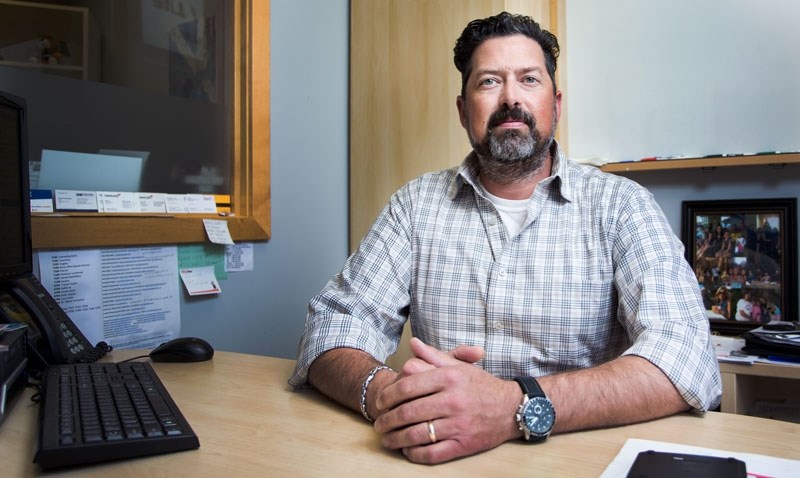The Fort McMurray wildfires have put issues related to home insurance and asset protection in the news. Some insurance, such as liability coverage on an auto policy or house insurance on a property that has a mortgage, is legally mandatory. Other insurance, such as whether to add coverage to a standard policy for a family heirloom or an expensive work of art, is optional. Buying insurance involves more than just finding the lowest rate.
Trevor Taylor is director of insurance operations at Mac Insurance, a St. Albert insurance broker. A broker’s job is to find policies for consumers that protect their property, such as a house or car, as economically as possible, without leaving unexpected risks behind.
He says most home policies nowadays include protection against most risks, and what risks aren’t covered are clearly stipulated. Such policies are called comprehensive, as opposed to broad policies, which identify only what is covered, not what isn’t.
“The broad coverage is giving you a definitive outline of exactly what is covered. There might be twelve or fourteen items that show you specifically what is covered, your fire, your theft, your sewer backup. It will actually list the coverage. If it’s not there, it’s not covered.”
Most of the policies he sells are comprehensive, he says. Broad policies generally come into play if a property has specifically higher risks, such as being a long distance from fire and police services, for example.
The premium difference between an “all-risk” policy and a broad one used to be significant, but the gap has shrunk, he says. The difference in price between a broad and a comprehensive police could have been an $800 difference.
“Things have really changed over the last five to 10 years in the insurance industry. I couldn’t tell you the last time I wrote a broad home insurance policy. It’s always comprehensive.”
A broker’s job is to find appropriate coverage at the best price, and that means applying a range of criteria to a database that spits out the premium a group of companies will offer a client based on the answers to an assortment of relevant questions, such as the type of house, its location, whether it has a sump pump and back flow valve, and such. The lowest price doesn’t always guarantee appropriate coverage, he says, so when a quote looks like an outlier, too low or too high, a broker will challenge it with the company in question to ensure the price reflects the required coverage.
Taylor emphasizes that answering the broker’s questions honestly could mean the difference between having a future claim approved or not. It avoids future unpleasant surprises.
“I think the biggest lesson that I can give to clients is do not be afraid to answer the questions that your agent or your broker is asking you. They’re asking them for a reason to protect you.
“If we ask whether you have expensive jewelry, we’re not trying to find out what your economic value is so we can put higher premiums on you. We truly need to know this stuff, so we can do the best job of protecting you.”
Like pretty much every consumer activity, the work brokers do has moved online. Some folks like to do their banking with a teller with whom they may establish a personal connection, and others will always use online banking options or ATMs whenever possible. Taylor believes the face-to-face relationship a broker may have with a client can save a client grief if they ever have to make a claim or revise their insurance needs.
“Some insurance companies are branching out online. There are people who are comfortable with that and would like to set up their own application. But for the most part, with insurance, we still find that people like to be able to talk to somebody. They like to phone us up and ask us questions and get definitive answers. Meet somebody face to face, look somebody in the eye to see if they’re being honest.”
He says even the younger generation, so used to the Internet, see the benefit of dealing with an actual person when they’re in the market for insurance. Knowing exactly what your insurance policy will do for you if you need to use it requires knowing what questions to ask besides how much the premium will cost you.
“We even find the younger crowd are still coming in. They have all kinds of questions, and they want to be steered in the right direction, and know they’re being looked after. If you know nothing about the insurance industry and you’re just going to go online and write your own policy, you can feel like you may be hung out to dry on what you did wrong, or what’s not covered.”
Next week: What will insurance companies cover?




